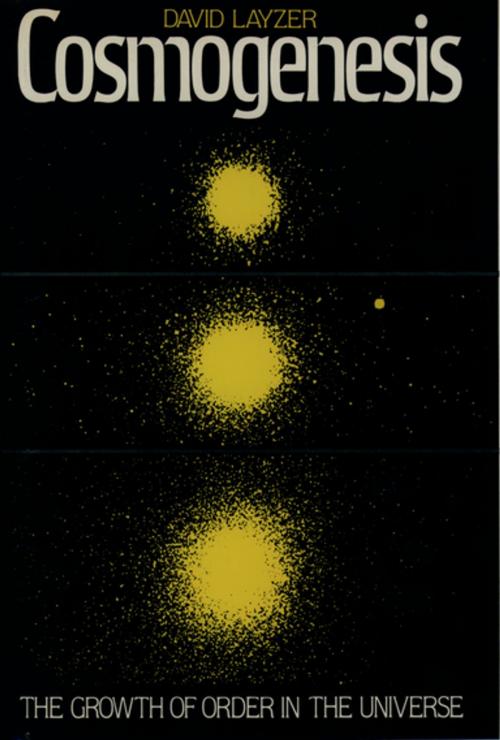Cosmogenesis
The Growth of Order in the Universe
Nonfiction, Science & Nature, Science, Physics, Cosmology, Astronomy, General Physics| Author: | David Layzer | ISBN: | 9780190281762 |
| Publisher: | Oxford University Press | Publication: | March 21, 1991 |
| Imprint: | Oxford University Press | Language: | English |
| Author: | David Layzer |
| ISBN: | 9780190281762 |
| Publisher: | Oxford University Press |
| Publication: | March 21, 1991 |
| Imprint: | Oxford University Press |
| Language: | English |
Eminent Harvard astrophysicist David Layzer offers readers a unified theory of natural order and its origins, from the permanence, stability, and orderliness of sub-atomic particles to the evolution of the human mind. Cosmogenesis provides the first extended account of a controversial theory that connects quantum mechanics with the second law of thermodynamics, and presents novel resolutions of longstanding paradoxes in these theories, such as those of Schroedinger's cat and the arrow of time. Layzer's main concerns in the second half of the book are with the philosophical issues surrounding science. He develops a highly original reconciliation of the conflict between traditional scientific determinism and the intuitive notion of individual freedom. He argues that although the elementary processes underlying biological evolution and human development are governed by physical laws, they are nevertheless genuinely creative and unpredictable.
Eminent Harvard astrophysicist David Layzer offers readers a unified theory of natural order and its origins, from the permanence, stability, and orderliness of sub-atomic particles to the evolution of the human mind. Cosmogenesis provides the first extended account of a controversial theory that connects quantum mechanics with the second law of thermodynamics, and presents novel resolutions of longstanding paradoxes in these theories, such as those of Schroedinger's cat and the arrow of time. Layzer's main concerns in the second half of the book are with the philosophical issues surrounding science. He develops a highly original reconciliation of the conflict between traditional scientific determinism and the intuitive notion of individual freedom. He argues that although the elementary processes underlying biological evolution and human development are governed by physical laws, they are nevertheless genuinely creative and unpredictable.















